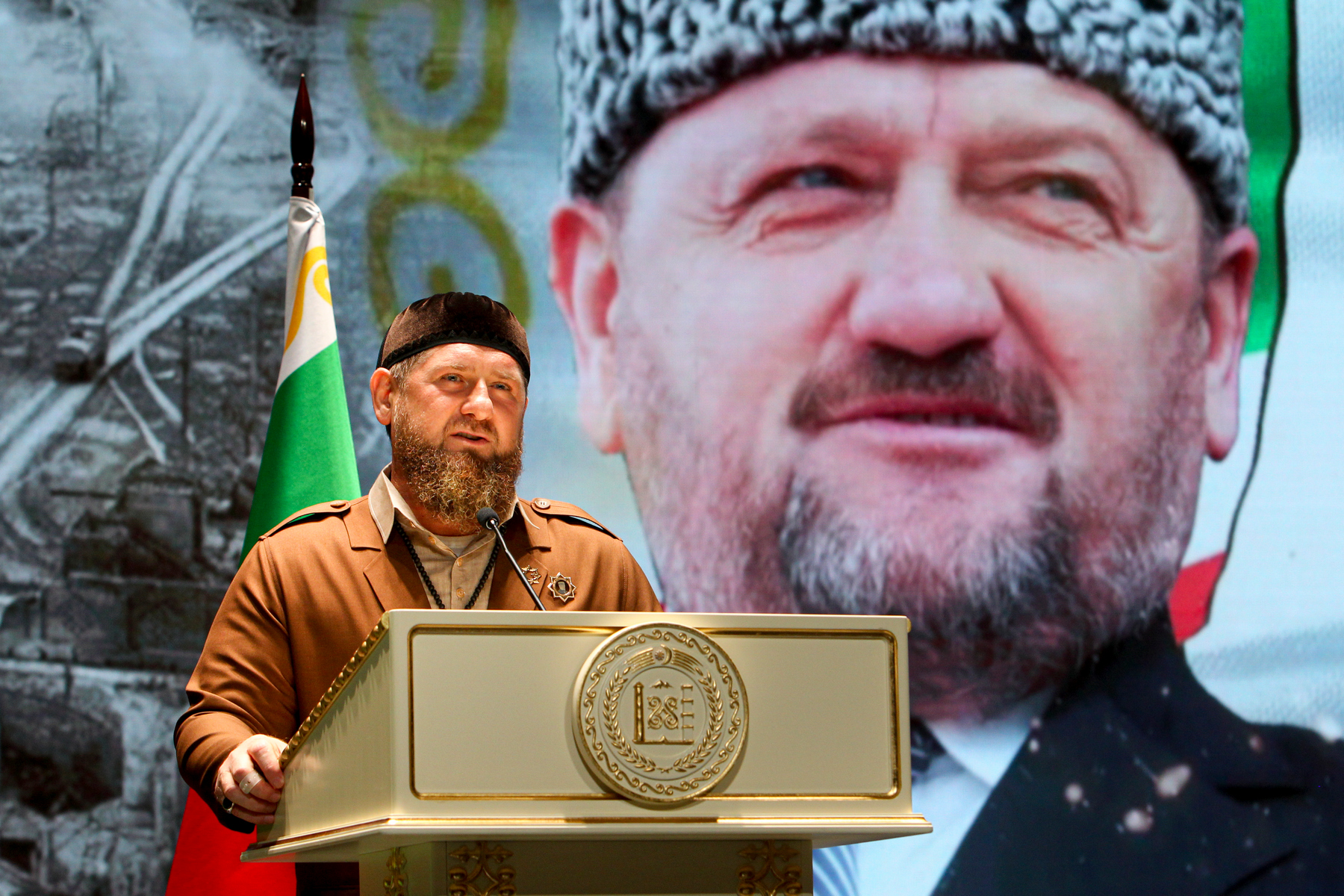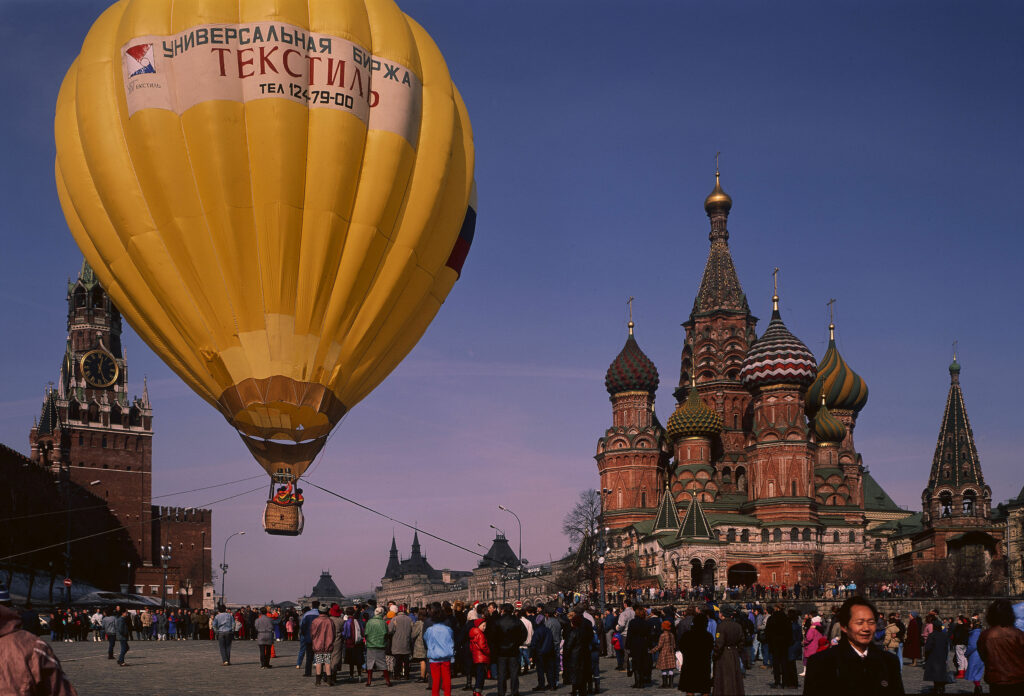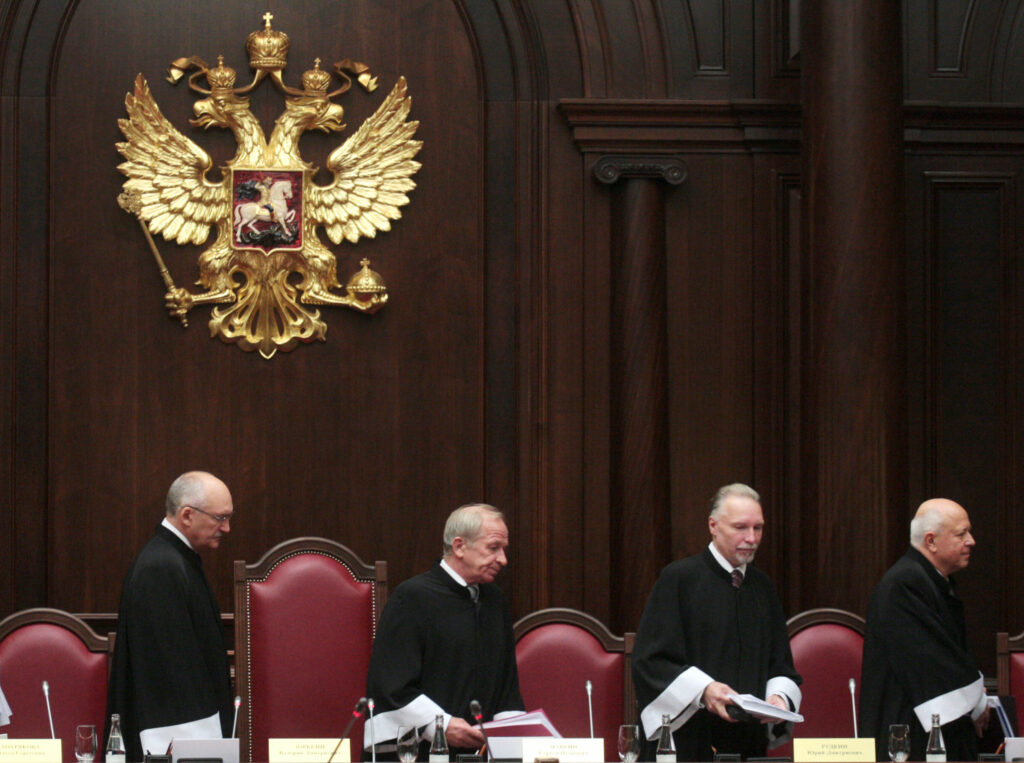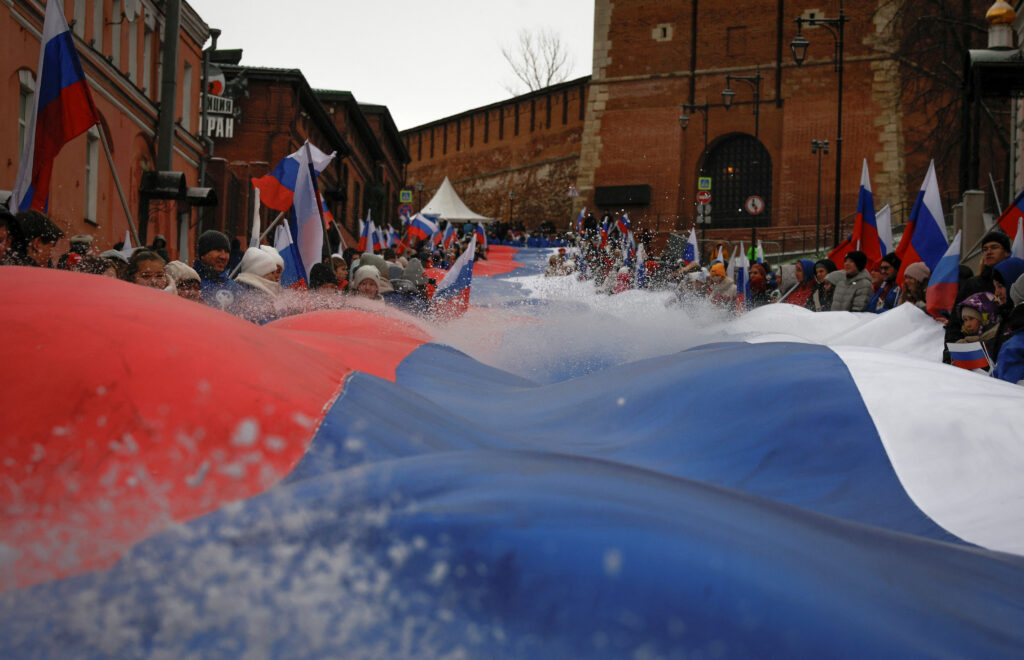Ahead of his record-breaking victory in the September elections, Ramzan Kadyrov reinvigorated his feud with Akhmed Zakayev, a former Ichkerian commander and current head of the separatist government-in-exile. The feud was last active in January, when Zakayev called the Caucasus Emirate leader Aslan Byutukayev a “national hero” after he was killed in a Chechen special operation. Kadyrov recommenced the feud when he said his father, Akhmat, saved the life of Aslan Maskhadov, the former Ichkerian President. Attacking his old rival is neither surprising nor productive for Kadyrov. Zakayev is essentially powerless; he does not even target Kadyrovite violence or corruption, unlike other opposition groups. So, what explains this course of action?
Zakayev is the main Ichkerian enemy still standing. So Ramzan must preserve his ongoing fight, which, ironically, preserves Zakayev’s relevance in turn. This feud is just one point in a much larger trend: Kadyrov repeatedly constrains himself with historical ideals. This results in him embarking on policies that, without accounting for the trend, appear irrational. Thus, his verbal sparring with Zakayev is less about the feud itself than the ritualistic rehashing of history. The strength of this trend is apparent not just in the multitude of different policy manifestations, but also in how interconnected the cases are.
A pattern of history
Related to the Zakayev feud, now directly, is the Akhmat Kadyrov personality cult. This phenomenon stems from Kadyrov senior’s assassination in 2004, a piece of history that has heavily influenced Ramzan’s actions. Akhmat’s presence can be felt everywhere: Chechnya’s federal relations, commercial enterprises, opposition targeting, sports, and practically any other part of life. The way this personality cult has evolved is the most public example of how history has guided even the most minute details of Ramzan’s policies.
This incorporation of Ichkeria’s memory into the memory of Akhmat Kadyrov is problematic. It entangles Ichkeria, Russia’s and Chechnya’s enemy, with the Akhmat personality cult. The first way to interpret this act is that Ramzan sought to use Ichkeria’s memory to boost the popularity of his father, particularly within the diaspora, as part of his feud with Zakayev. The other way to interpret Kadyrov’s feud-reigniting claim is that he was trying to co-opt the Ichkerian legacy — neutralizing its rebellious qualities through association with his father and the regime. If so, it would not be the first time Ramzan used his father to try to rewrite history: he moved the 2012 Day of Grief and Remembrance, commemorating the 1944 deportations, to the day after his father’s death. Ramzan’s hijacking of Ichkeria’s memory is unlikely to work, since Ichkeria’s supporters consider both Kadyrovs to be “traitor[s] to their homeland.” While Ichkeria and the so-called “Akhmatization” of Chechnya have shaped Ramzan’s rule since the beginning, older events have recently had greater influence on his policies.
The Soviet period offers Ramzan a lot of policy inspiration. To begin, Kadyrov launched his annexation campaign to reacquire lands previously taken from the Chechen-Ingush ASSR, particularly focusing on areas disputed during the 1990s. This involved him targeting lands in Ingushetia, at least some of which were yielded during the 2018-19 winter, and in Dagestan. Having been blocked then, Kadyrov’s attempts to gain lands from Dagestan are ongoing. This campaign is perhaps the most significant example — both in its loftiness of its goals and its adverse impact on Moscow’s regional policy — of how history has steered Kadyrov.
Related to Kadyrov’s irredentism is the commemoration of the 1944 Vainakh deportations, the result of which led to the annexation campaign. As mentioned above, Kadyrov moved the date so it would be closer to his father’s death day, and not coincide with other national holidays. Because of the tabooed atmosphere around the anniversary, 2020 was the first time in 8 years that Ramzan commemorated the deportations. In 2021, however, the anniversary was marked by Magomed “Lord” Daudov reading Kadyrov’s VKontakte post.
There is no explicit reason for the initial change in 2020 or the following reversal in 2021. However, one promising explanation is that Ramzan wanted to increase the pressure during his annexation scheme, in coordination with the weaponization of the anniversary in Dagestan — local Chechens were deported from what is known today as Dagestan’s Novolakskyy raion (previously the Chechen-Ingush ASSR’s Aukhovskyy raion). This trend began in 2018, prior to the land grabs. It continued in 2019, amidst the land swap, as Kadyrov authorized memorials services; some left Chechnya to commemorate the day in Dagestan. In 2020, as Kadyrov’s interests in Dagestan were stymied, the local Chechens requested that their old district be reinstated. They requested again during the 2021 memorial. While the pandemic did have a dampening effect on public events, Kadyrov’s reversal on commemorations seems more likely attributable to being warned by Moscow to stop using soft power in Dagestan. The Kremlin is trying to strike a balance between the two republics, made more difficult by Kadyrov’s actions here, as well as his critiques of Imam Shamil, the legendary 19th century resistance fighter from Dagestan.
History threatens Moscow
Kadyrov’s historically-constrained actions have already clashed with Moscow’s evolving regional policy, but as both actors continue down their respective paths, these confrontations will grow, posing both direct and indirect threats to Moscow. The direct policy threats to the Kremlin mainly result from Kadyrov’s physical, historically based policies. By attempting to regain the former territories of Chechnya, Kadyrov’s threat to Moscow is threefold.
First, aggressive Chechen expansionism risks regional destabilization. Kadyrov’s continuation on this path threatens a return to ethnic clashes in Dagestan, which could have a domino effect because of the chain of relocations that occurred after the Chechens’ return. Additional pursuits of Ingush land could further exacerbate the population of the disappearing republic, providing a reason for further collective mobilization and providing propaganda material for more radical voices. The importance of regional stability to Moscow requires no greater emphasis.
Second, Kadyrov’s expansionism exacerbates elite level disputes, which then have to be mediated by the Kremlin. While the Kremlin has just managed to balance Chechnya and Dagestan, former Head of Ingushetia Yunus-Bek Yevkurov had to be retired as a result of the land swap and ensuing protests. The head of North Ossetia also had to be replaced recently, but not in connection with Kadyrov, just with growing unrest among the region’s populace. Additionally, Kadyrov is well-known for fighting with federal security officials. All of these political manipulations serve as nothing but distractions for Putin.
Third, at the intersection of the first two points, the expansionist discussions center around the Sunzha district of Ingushetia. While Kadyrov wants the district—which is also historically valuable to the Ingush, who kept it through the USSR’s disintegration—the Southern Military District (SMD) is building a military training ground (voennyy poligon) there. These are clearly competing claims on the district, with a guarantee of two infuriated parties no matter how it is settled. Where this goes beyond the previous problems is that it sets up a showdown between the military and the kadyrovtsy, as Ramzan did not acquire the lands in northern Sunzha he has previously targeted, which are near the SMD’s planned poligon. The kadyrovtsy have previously attacked Russian military units, but these were Chechen units whose leaders challenged Ramzan’s authority, and which received no help from higher up the chain of command during their struggles. Suffice to say, it is unclear how an increasingly bold Kadyrov would evaluate his odds against the SMD, having emerged unscathed from his aforementioned challenges against a variety of security services. The SMD currently plays an important role in Russian strategy, so its operations being undermined from inside the government is unacceptable to Moscow.
While these three policy challenges are the most immediate, the ideological dilemma of Kadyrov’s governance goes deeper than policy, posing a long-term control risk issue for the Kremlin. In Chechnya, the continued importance of the deportations and Ichkeria is so great that even Ramzan Kadyrov feels he can no longer ignore them. Thus, he is engaging with both collective memories in ways he previously has not. Even he, who has so much authority as to be debatably considered the ultimate authority of Chechnya, cannot control the societal importance of either phenomenon, despite over a decade of trying. What he cannot control, he is incorporating.
As the Kremlin approves of neither the deportation commemorations—which clash with the Kremlin’s historical narrative and allegedly promote ethnic hatred—nor Ichkeria, these are particularly dangerous topics for Kadyrov to concede. This specific danger is because the deportations were one of the official, internationally oriented justifications for Chechen independence. Kadyrov’s anti-independence stance is clear, but federal officials long suspicious of the Chechen leader will see this as further justification for their anti-Kadyrov campaign. Bowing to societal desires—especially at the expense of federal policy—will also create anger in Moscow, as Kadyrov’s ability to fulfill a governor’s main task, controlling his subjects, appears to be in question. However, Putin remains content with Kadyrov, who will benefit from the new proposed law abolishing governors’ term limits, meaning the Chechen leader has yet to cross a red line with the Russian President.










